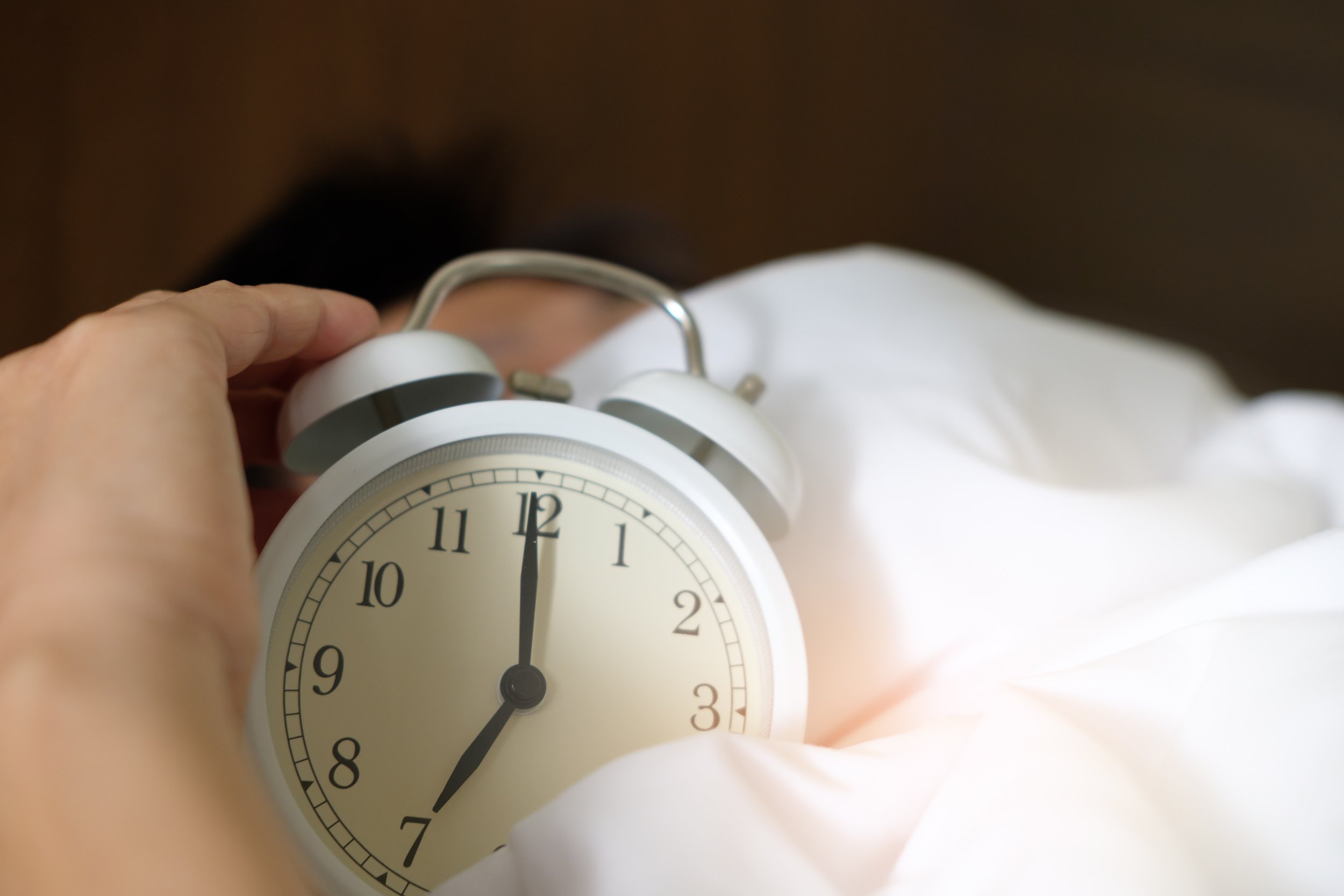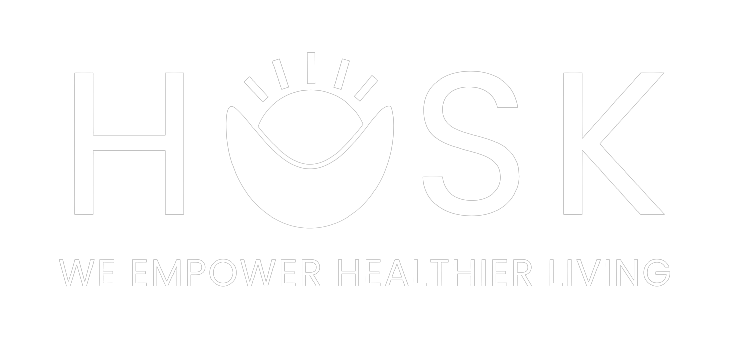
Sleep & Stress
Who is getting enough sleep these days? Between work, extracurricular activities, chores, and spending time with family and friends, how much time is left for adequate sleep? Balancing all of your daily activities can cause a lot of stress, which also impacts your ability to get quality sleep, and lack of sleep can contribute to stress. It is a vicious cycle!
The National Sleep Foundation recommends that those between the ages of 26-64 should be getting between 7-9 hours of sleep, and those over age 65 should be getting 7-8 hours each night. Do your habits fall within those recommendations?
Without proper sleep, your body will not function as efficiently. Just as a car needs maintenance to be able to run smoothly and efficiently, so does our body. Consider a good night’s sleep as the equivalent to taking your car into the shop for a tune up, but you get to do it every night!
How exactly can sleep impact your health?

Over time, lack of sleep can lead to mood disorders like depression. as your body changes to cope with less sleep. It can also impact your memory and emotions.
Inadequate sleep leads to an increased appetite and cravings for refined, processed foods because your brain is seeking quick energy. Excess can lead to weight gain and other health problems.
Not enough sleep can lead to inflammation, increased blood pressure, and increased blood sugar and insulin levels.
Cortisol levels (the stress hormone that helps regulate your immune system, blood pressure, and metabolism) are increased with an extended period of inadequate sleep.
Long term changes to your brain and body from the above problems can lead to further problems like diabetes, hormonal abnormalities, and cardiovascular disease.
How to improve your sleep habits and quality:
Exercise: by doing physical activity you may be able to fall asleep faster and stay asleep, promoting a sounder sleep. If possible, try not to exercise within 4 hours of going to bed. This could actually energize you, not help you fall asleep.
Reduce the amount of caffeine you drink, especially after 2 pm – caffeine stays with you for several hours.
Try to go to sleep and wake up at the same time each day- getting all of your bodily functions in sync allows your body to function optimally.
Do not drink alcohol within 3 hours of bedtime. While some may think that alcohol helps them sleep, it actually can prevent REM sleep, which is important for sleep quality. It can also make you get up more frequently to go to the bathroom.
Get 15 minutes of sunshine in the morning. Sun exposure helps regulate melatonin, which is your sleep hormone. This helps your body’s clock also work more efficiently and keeps it working with your circadian rhythm (your body clock).
Cut out the TV and phone before bed. Light is good during the day, but it messes up the body’s clock when it is time to go to bed. Instead of releasing melatonin (the sleep hormone), your body thinks it is is supposed to be up and about. The blue light from our technology gadgets is particularly harmful to your sleep habits. Try to find ways to block it out (Blue light reducing apps, etc).
Improve your bedroom environment. Make it comfortable and blue light free. Make sure the temperature is comfortable for you (70 degrees has been studied as a potential ideal temperature). The furniture and other items in your room can also make a difference. If your room is too cluttered, it can promote a sense of stress.
Get into a pre-sleep routine that helps you unwind and relax. Try a nice bath, meditation, breathing exercises, listening to calm music, or reading a book.
Make sure your bed and pillow are comfortable and not worn out. Put clean sheets on regularly and make your bed an inviting place that you want to lay down in.

Challenge Yourself:
Start with an easy-to-change item listed above and accomplish that over the next 3 weeks. Really let it become a habit! Then every 3 weeks or so add another change to your routine or atmosphere until you are feeling better about your sleep habits. As you tackle some of the simpler ideas, you may find a change in your body & mind and be able to take on the more challenging routines!
If you are making changes and still not sleeping well, talk to your doctor to see if you have a sleep disorder or issues that require medical attention.
Post written by Rachel Wooters, RD, LDN
This information is intended for general advice and may not be applicable to everyone. Please speak to your on-site Registered Dietitian if you have specific questions or to find out what is best for your individual needs.
Sources:
Sleepfoundation.org. (2018). National Sleep Foundation Recommends New Sleep Times. [online] Available at: https://www.sleepfoundation.org/press-release/national-sleep-foundation-recommends-new-sleep-times/page/0/1 [Accessed 5 Nov. 2018].
Sleepfoundation.org. (2018). 25 Random Facts about Sleep. [online] Available at: https://www.sleepfoundation.org/sleep-news/25-random-facts-about-sleep [Accessed 5 Nov. 2018].
Thesleepdoctor.com. (2018). How to Sleep Better | Your Guide to Better Sleep. [online] Available at: https://www.thesleepdoctor.com/how-to-sleep-better/ [Accessed 5 Nov. 2018].
Healthline. (2018). 17 Proven Tips to Sleep Better at Night. [online] Available at: https://www.healthline.com/nutrition/17-tips-to-sleep-better#section2 [Accessed 5 Nov. 2018].
Science Direct. (2006). Sleep deprivation as a neurobiologic and physiologic stressor: allostasis and allostatic load. [online] Available at: https://www.sciencedirect.com/science/article/pii/S0026049506002289 [Accessed 5 Nov. 2018]
Science Direct. (2008). Restricted and disrupted sleep: Effects on autonomic function, neuroendocrine stress systems and stress responsivity. [online] Available at: https://www.sciencedirect.com/science/article/pii/S1087079207000986 [Accessed 5 Nov 2018]
